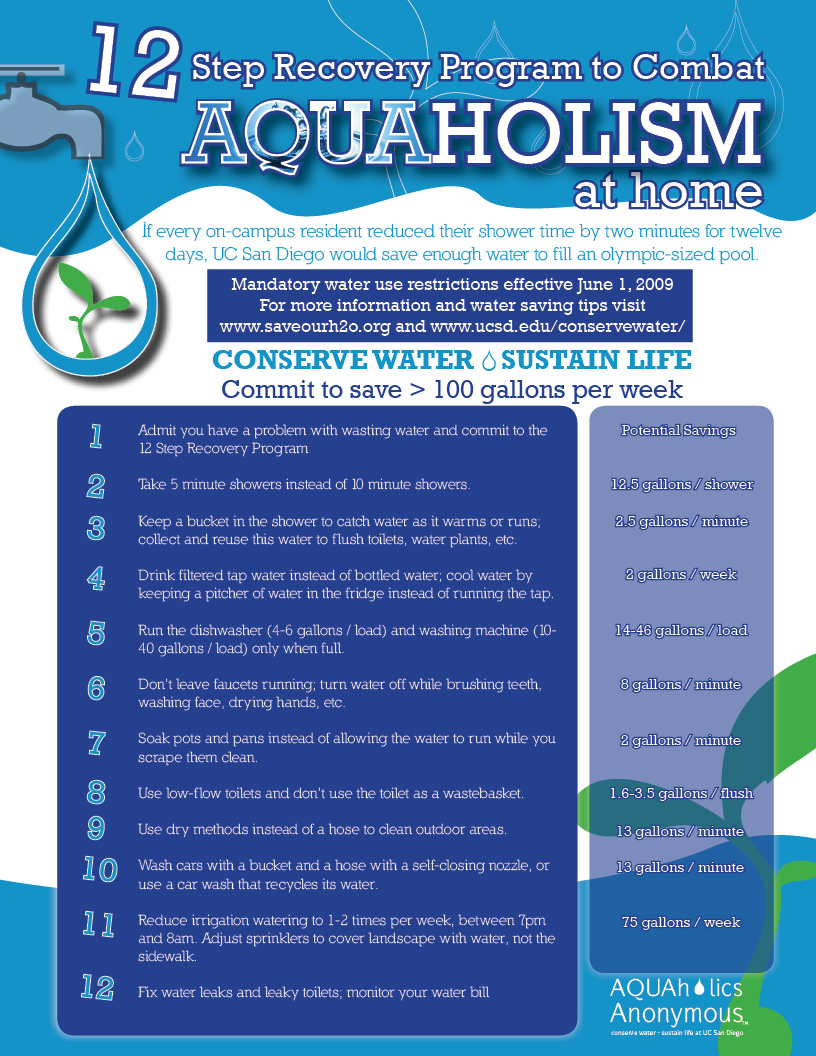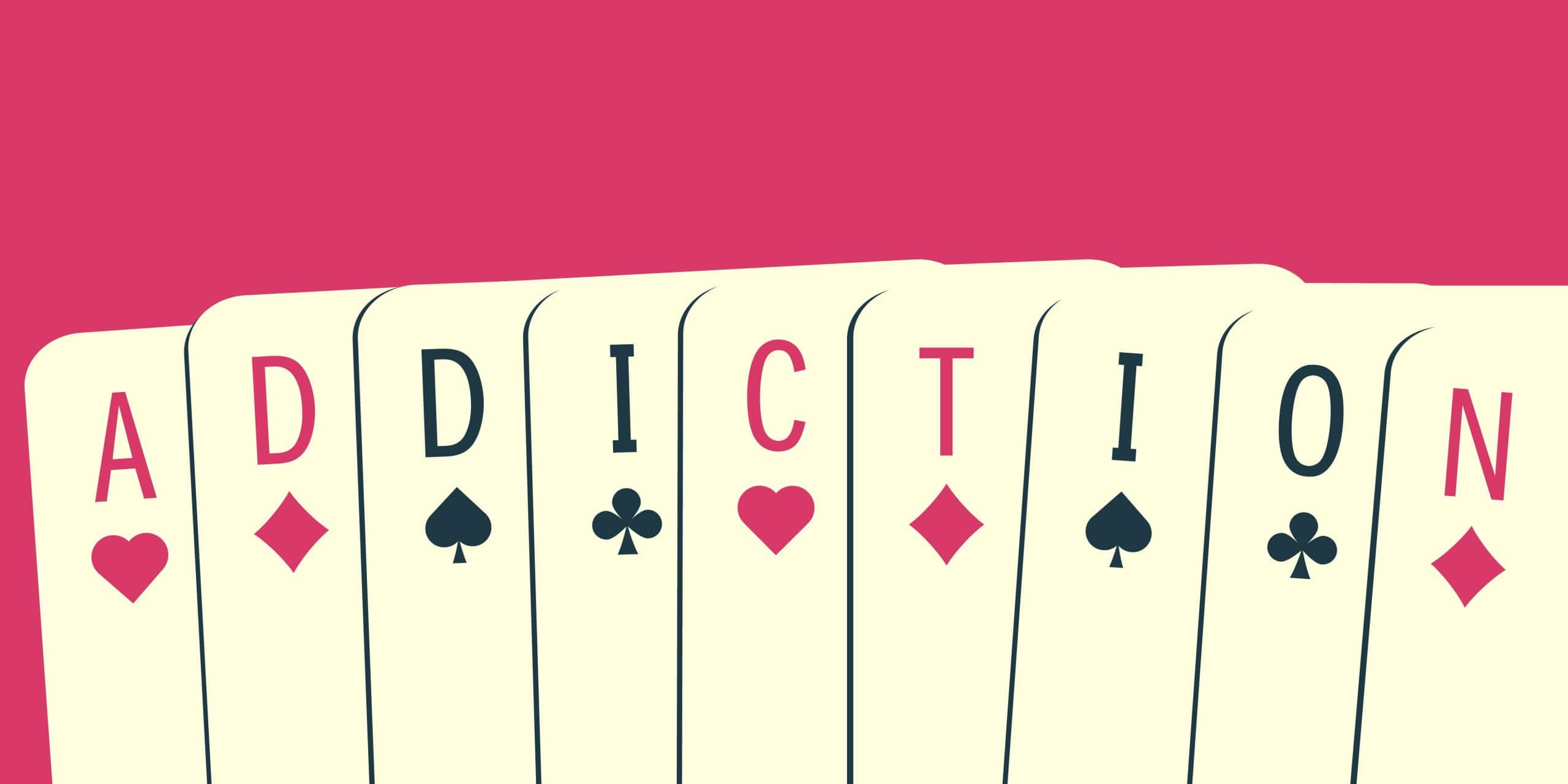Dec 08, 2018 The Gamblers Anonymous 12-step recovery program is intended to help addicted gamblers accept responsibility for their behavior and do everything in their power to change it. Listed on the gamblersanonymous.org website are the 12 steps – their program of recovery. Many members of 12-step recovery programs have found that these steps were not merely a way to stop drinking, but they became a guide toward a new way of Overview Whereas 12-step meetings are the 'fellowship' part of the mutual support groups, the twelve steps themselves are the essence of the actual program. Twelve-step programs are mutual aid organizations for the purpose of recovery from substance addictions, behavioral addictions and compulsions.Developed in the 1930s, the first twelve-step program, Alcoholics Anonymous (AA), aided its membership to overcome alcoholism. Since that time dozens of other organizations have been derived from AA's approach to address problems as varied as drug. Available modules in this course include: Introduction, Module 1: Steps 1-3, Module 2: Steps 4-5, Module 3: Steps 6-7, Module4: Steps 8-9, and Module 5: Steps 10-12. How does the program work? How is the program effective? Can the program help children? 12 Steps of Gam-Anon / Gam-A-Teen; Gam-Anon (12 steps of unity) FAQs about Gam-Anon / Gam-A-Teen. Does the program cost money? Is the program religious? How do I find a meeting? How does compulsive gambling affect me?
Gambling Addiction Recovery
An alternative to 12 Step programs
Reprinted from 'Women's' issue of Visions Journal, 2004, 2 (4), p. 34-35
Most of us know someone who is involved in a program that utilizes the 12 Steps as developed by Alcoholics Anonymous. There are 12 Step programs for almost every addictive behaviour: substance misuse, shopping, eating, sex, gambling, and co-dependency in relationships. Millions of people all over the world attend 12 Step meetings on a regular basis. In fact, it seems that anyone not involved in such a program is now in the minority.
I attended several different 12 Step programs during the early years of my recovery from addiction. These programs helped me tremendously. Eventually, however, several aspects of the 12 Step program became problematic for me. As I began to discuss my concerns with others who were in recovery, I found that I was not alone in what I was experiencing.

One of the most common complaints about the 12 Step model that I heard, from both men and women, concerned the use of the words “God” and “Him” and “His will for us.” Many of us found ourselves becoming increasingly resistant to the patriarchal and religious undertones in many of the Steps.

And, many of us also realized that we didn’t appreciate being encouraged to explore our shortcomings and defects of character.
We were told that we were not, under any conditions, to change the way any of the Steps were written. Therefore, in order to feel that we fit in—a deep yearning that so many of us have in our early recovery—we needed to find a way to be in agreement with principles that had been written in 1935 by two financially well-off, white Christian males.

The implicit message we received from many others in the program was that, if we could not feel positively about the Steps, then there was something wrong with us. As a result, many of us hid our true feelings; we became less authentic as we diligently attempted to work our program of recovery.
This was not a healthy situation for addicts who wanted to change their behaviour patterns and get well. But, for a very long time, 12 Step programs were virtually the only ‘recovery’ game in town.
I don’t deny that 12 Step programs such as Alcoholics Anonymous, Narcotics Anonymous, Codependents Anonymous and Al-Anon have helped a significant number of people around the world achieve and maintain sobriety from their addictive behaviours. However, after many years of working in the addiction counselling field, as well as having maintained my own recovery for over 15 years, I have become aware that these programs are not appropriate for all people.
I became even more convinced of this when, in 1992, I read Dr. Charlotte Kasl’s book Many Roads, One Journey: Moving Beyond the 12 Steps. In this groundbreaking book, Dr. Kasl—herself a recovering addict who had attended 12 Step programs for many years—shared how she had come to the same point so many of us had: the 12 Step philosophy of powerlessness, shortcomings, and a masculine “God” simply didn’t work for her anymore. She yearned for a program of recovery that would accommodate everyone regardless of financial status, gender, nature of addictive behaviour, or spiritual orientation.

Dr. Kasl made the courageous decision to change the wording of the Steps so they would align with the person she was becoming. The resulting 16 Steps is a holistic program of “discovery and empowerment” that is very different from the 12 Steps. Rather than emphasizing our defects and focusing on what is wrong with us, this model encourages us to learn how to become our authentic selves by enjoying our strengths, celebrating our creativity, letting go of our shame and guilt, and trusting our own inner wisdom.
In Step One of the 12 Steps we are required to admit that we are “powerless” over our addiction, and that our lives have become “unmanageable.” Unless we agree to admit this, we are told that we are “unwilling to go to any lengths” to deal with our addiction, and that we cannot go on to any of the next steps. This feels quite shameful for people who decide to “admit” rather than to rock the boat.
In the 16 Step model, however, the first step is very different. It assures us that we can take control of our lives and that we do not have to rely on anything or anyone external in order to feel better about ourselves. For many of us, especially women and other marginalized groups of people, this is a new and refreshing concept. Step Two in the 12 Steps tells us that we must rely on an external higher force in order to “restore us to sanity,” which implies that we are “insane” before we agree to do this. This is not an easy message for many people to accept.
In the 16 Steps, the second step talks about the choice we have to open ourselves to the “healing wisdom” we all have inside us. This is a very different way of looking at life, the world, and recovery from addiction for those of us who are used to the 12 Step model.
I am extremely grateful to Dr. Kasl for having the courage and foresight to develop the 16-Step model. If you are dealing with substance abuse issues or other addictive behaviours and would like an alternative to 12 Step programs, you may find what you need in the 16 Steps for Discovery and Empowerment.
dr. kasl’s 16 Steps
We affirm we have the power to take charge of our lives and to stop being dependent on substances or other people for our self-esteem and security.
We come to believe that God/the Goddess/Great Spirit/Higher Power awakens the healing wisdom within us when we open ourselves to that power.
We make a decision to become our authentic Selves and trust in the healing power of the truth.
We examine our beliefs, addictions and dependent behaviour in the context of living in a hierarchical, patriarchal culture.
We share with another person and the Universe all those things inside of us for which we feel shame and guilt.
We affirm and enjoy our strengths, talents and creativity, striving not to hide these qualities to protect others’ egos.
We become willing to let go of shame, guilt and any behaviour that keeps us from loving ourselves and others.
We make a list of people we have harmed and people who have harmed us, and take steps to clear out negative energy by making amends and sharing our grievances in a respectful way.
We express love and gratitude to others, and increasingly appreciate the wonder of life and the blessings we do have.
We continue to trust our reality and daily affirm that we see what we see, we know what we know, and we feel what we feel.
We promptly acknowledge our mistakes and make amends when appropriate, but we do not cover up, analyze or take responsibility for the shortcomings of others.
We seek out situations, jobs and people that affirm our intelligence, perceptions and self-worth and avoid situations or people who are hurtful, harmful or demeaning to us.
We take steps to heal our physical bodies, organize our lives, reduce stress and have fun.
We seek to find our inward calling and develop the will and wisdom to follow it.
We accept the ups and downs of life as natural events that can be used as lessons for our growth.
We grow in awareness that we are interrelated with all living things and we contribute to restoring peace and balance on the planet.
12 Step Recovery Program Gambling Guidelines
References
Alcoholics Anonymous. (1976). The Big Book: The Basic Text for Alcoholics Anonymous (3rd ed.). New York: Alcoholics Anonymous World Services.
Kasl, C.D. (1992). Many Roads, One Journey: Moving Beyond the 12 Steps.New York: HarperCollins.
Plattor, C. (2003). The 16 Steps: An alternative to 12 Step programs. Insights, 15(1), 10-11. Newsletter of the BC Association of Clinical Counsellors.

